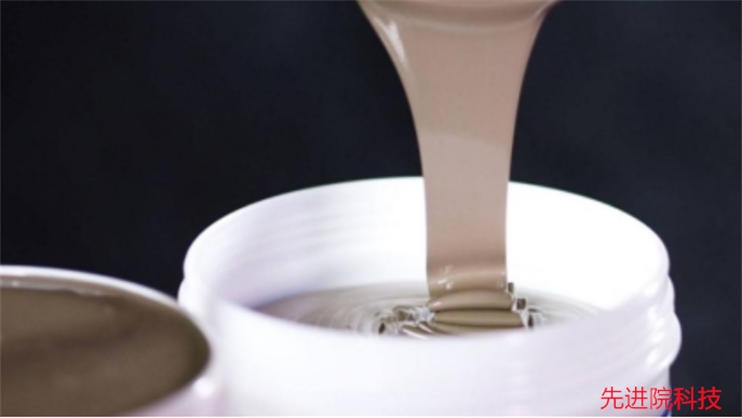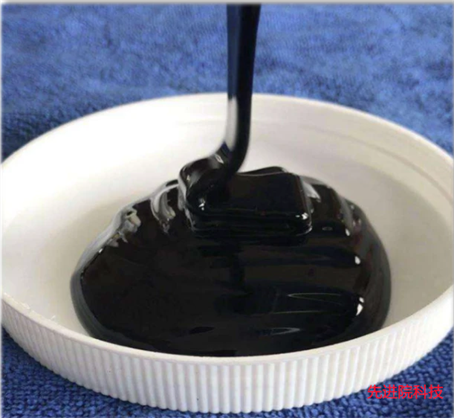Silver paste plays a crucial role in the production of high-frequency microwave ceramic filters. YB-5022 silver paste, as a specialized electrode material, has many excellent characteristics, making it the preferred choice in the filter manufacturing process. This article will provide in-depth analysis from the aspects of its production process, electrical performance, environmental protection requirements, etc. From the perspective of a senior article editor, it will introduce advanced institute technology to readersYB-5022 silver pasteThe uniqueness of it.
1、 Outstanding printing performance and excellent electrical performance
YB-5022 silver paste is made of materials such as silver powder, glass powder, resin, solvent, and additives. Its production process is finely controlled to ensure that the viscosity of the silver paste is within the range of 30 ± 120 Pa.s/25 ℃, making it have good fluidity and adhesion during screen printing. This excellent printing performance ensures the uniformity and reliability of silver paste when printing electrodes on both sides of ceramic components.
In addition, YB-5022 silver paste also has excellent electrical properties such as high Q value and low loss, which can effectively improve the performance indicators of microwave ceramic filters. This is very important for engineers and researchers, as high-frequency microwave ceramic filters are increasingly widely used in fields such as communication, radar, satellite navigation, etc., and the performance requirements for filters are also increasing.
2、 Meet environmental requirements and lead industry trends
In modern society, environmental protection has become an important issue for the development of various industries. For YB-5022 silver paste, it fully complies with environmental requirements such as RoHS and REACH, does not contain harmful substances such as lead and cadmium, and is a safe and reliable electrode material.
In addition, the production process of YB-5022 silver paste does not produce harmful gases or waste, making it environmentally friendly. This is very meaningful for our ecological environment protection, and it is also one of the important reasons why YB-5022 silver paste can lead the industry trend.

YB-5022 silver pasteThe usage method is also very simple. In the screen printing process, using a 200-325 mesh screen can meet the requirements. The drying conditions are 150-200 ℃ for 3-5 minutes, and a hot air drying oven can be used for drying. As for the sintering conditions, set the sintering temperature to Ttop 850 ℃ and control the time for about 10 minutes, which can be adjusted appropriately according to the specific situation.
The simplicity and flexibility of this manufacturing process provide engineers and researchers with more choices and opportunities for development. The process of filter production is more efficient, improving production efficiency and providing greater space for technological improvement and innovation.

By citing data and practical cases, the advantages of YB-5022 silver paste can be further demonstrated. For example, comparing the performance of different electrode materials in high-frequency microwave ceramic filters; By testing indicators such as resonance frequency and attenuation coefficient, the excellent performance of YB-5022 silver paste in filters can be intuitively demonstrated. In addition, professional opinions can be cited to conduct in-depth analysis of YB-5022 silver paste and explore its future application prospects.
summarize
YB-5022 silver pasteAs a specialized electrode material for the production of high-frequency microwave ceramic filters, it has excellent printing performance and electrical performance, while meeting environmental requirements and leading the industry trend. The production process is simple and flexible, and has been widely used and recognized in practical applications. In the future development, YB-5022 silver paste is expected to continue to improve its performance indicators and become the preferred material for high-frequency microwave ceramic filters.






